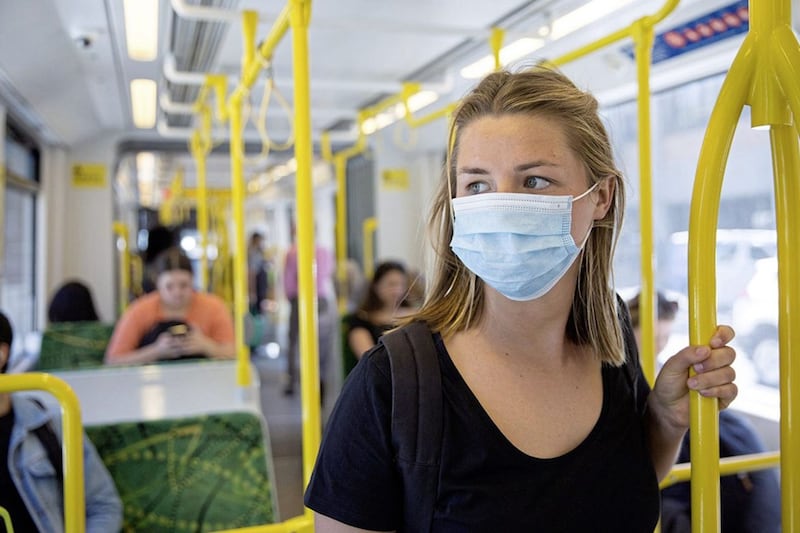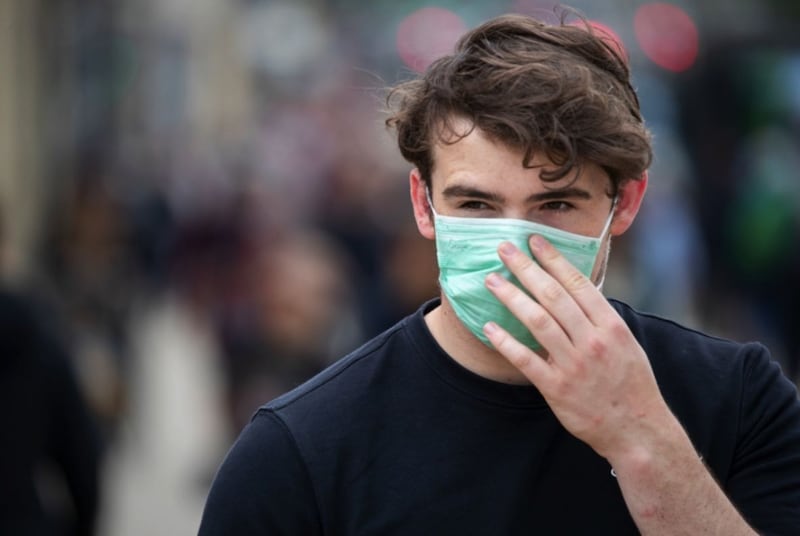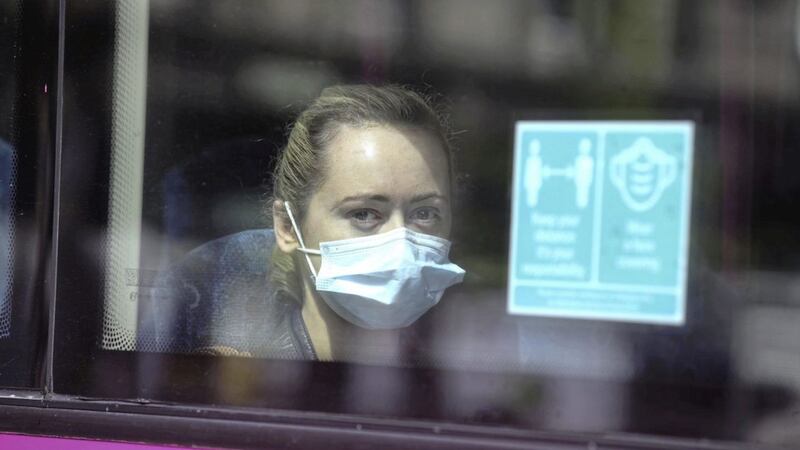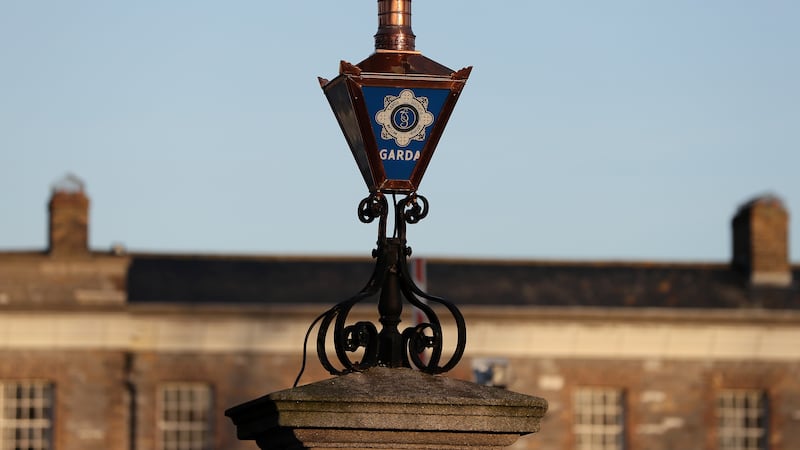Concerns have been raised about how the compulsory wearing of face masks on public transport in the Republic will be enforced.
The rule came into effect today, as the Republic's coronavirus reproductive number increased to one and more cases linked to travel have been imported.
People who refuse to wear a face mask could face fines of up to 2,500 euro and a possible jail sentence of six months.
Drivers can request a passenger to wear a face covering, and can refuse entry on to public transport, or can request the passenger to leave.
Under new rules brought into force from today, gardai can be called to enforce if someone fails to wear a face covering.
However, some people are exempted from the rule, including those who cannot put on, wear or remove a face covering because of any physical or mental illness, impairment or disability; those who need to communicate with another person who has difficulties communicating, and those who need to remove the face covering to take medication.
Union representatives, however have raised concerns about the legislation.

National Bus and Rail Union (NBRU) general secretary Dermot O'Leary claimed that no guidance has been issued to transport staff.
"In relation to our members, we will not be policing and we will not be enforcing this legislation," he told RTE.
"It's not our role to do it. A Bus driver's job is to drive the boss, not to police the laws of the land.
"What's missing here is the lack of consultation between us in the front line and our members, and the people who make these laws and the people who make the decisions, particularly the National Transport Authority (NTA)."
The representative body for private bus and coach operators, the Coach Tourism and Transport Council (CTTC), said their members are "disappointed" the Government did not engage with the sector.
Chairman of the CTTC, John Halpenny said "Collectively, private bus and coach operators carry 70 million passengers every year, right across the country, through our scheduled services, coach tourism, school transport and private hire so if you are aiming to ensure public health compliance having our sector at the table for decisions such as this would be important.
"Instead, we have no clarity regarding our legal obligations or our potential exposure but instead are appraised of the changes through the media.
"Operating in such a legal lacunae has very real and obvious consequences going by the needless death of a bus driver who was involved in a serious confrontation with passengers over their failure to wear facemasks in France in the past few days.
"If the CTTC had been engaged in the decision-making process, all anomalies could have been dealt with and we would have full clarity over the situation.
"With Ireland starting to open up and holidays back on, the Government needs to issue crystal clear messaging and safety advice around getting people back on buses.
"While our sector has been decimated over the past number of months, many of our members still hold out hope that they can salvage something from 2020 and get back on the road."

Acting chief medical officer, Dr Ronan Glynn, said: "When wearing a face covering, ensure your hands are clean before putting on and removing.
"Do not touch the front of the covering, instead apply and remove the covering using the ear loops.
"If you require a number of coverings as you go about your day, store used coverings in a plastic, zip lock bag until you can wash them at 60 degrees.
"It is important to be aware that some members of the public are unable to wear face coverings due to health reasons or age and should not be criticised or judged for this."








